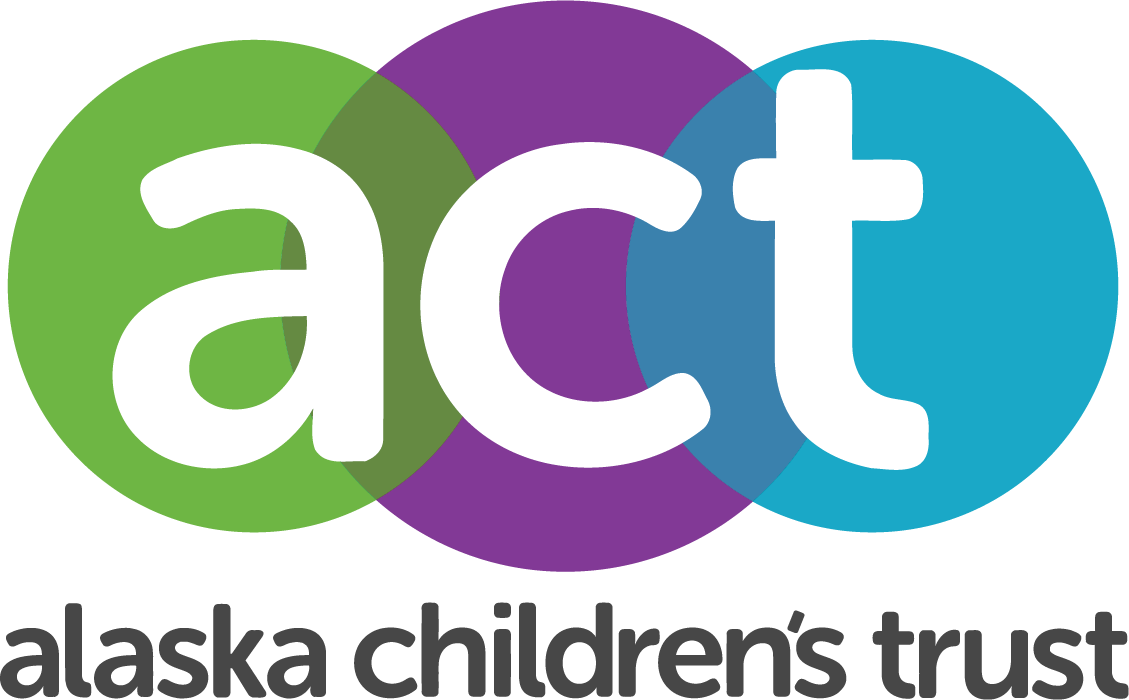Mistakes Will Be Made: Choosing Gentle Love in a Tough World
I’m going to let you in on a secret: my kids don’t always make good decisions or follow directions the first time they’re asked. Sometimes not even the second, third or tenth time. Sometimes, they act like they were raised by the trio of hyenas from The Lion King.
In those moments, I feel overwhelming pressure to get them under control and fix the behavior right away; especially when we’re out in public or with family members who expect immediate, unquestioning obedience from children at all times. The weight of those expectations and, usually, the need to get to the next place on time, leads to frustration and, if I’m being honest, a bit of panic.
Mothers don’t exactly get much grace when our kids misbehave. Even when they’re grown and fully responsible for their actions, public opinion often redirects blame for societal problems to the mothers of the previous generation for not raising their kids right. Add to this the risk for communities that already experience discrimination and negative stereotypes if they are also labelled as “non-compliant," and it becomes easy to rationalize a “tough love” approach that relies on fear of punishment to manage children’s behavior at home before they face more dire consequences in the real world.
But reacting out of fear, frustration, or habit doesn’t allow us to give ourselves and our children grace when we make mistakes. Our decisions are influenced by so many factors that can fall outside of our control, from our comfort and familiarity with our environment and the people around us to the quality of the sleep we got the night before, that we are guaranteed to make mistakes regularly throughout our entire lives. While kids’ choices may baffle adults who might have a more concrete and far-reaching understanding of cause and effect, it’s important to remember that children are not simply small adults. They process their experiences differently than adults; their brains are hard-wired to act on impulse and to learn through trial and error. The human brain is not fully developed until age twenty-five and there is an awful lot of learning that happens along the way.
So, where does this all leave mommy when my nice voice isn’t working, the kids are fighting, we’re running late, there are a thousand little things that still haven’t been done, and at least one of the kids has completely shut down and won’t can’t follow the very simple directions of putting on socks and shoes?
It leaves me with a choice. I can react on impulse in the moment to get the kid to do the thing NOW, or I can take the extra time to bring my perspective down to my kids’ level, try to figure out what they’re experiencing, and create a safe space for them to work through the problem with as much or as little of my help as they want. I’d be lying if I said I could always tune out my own negative feelings, the looming timelines, or the disapproving side-eye from onlookers. More often than I care to admit, I end up apologizing to my kids for yelling. I make mistakes but, as the adult, I am ultimately responsible for managing my own feelings and reactions. When I can choose a gentle approach, we all feel better with the outcome and the kids come away with a model for how to self-manage their emotions in the face of external factors outside of their control.
Gentle parenting can look like a lack of discipline and control from the outside, but that’s because discipline and control aren’t the goal. Trust is. Trust that my kids will try to make good decisions, to the best of their ability, when I’m not around. Trust that, when they make the wrong decisions, they will be equally safe working through solutions on their own or coming to me for help. And trust that we will have grace for each other when mistakes are inevitably made.
Brennon with her daughters at a recent event, tabling for the Alaska Children’s Museum.
About the Author: Brennon Land is a mother and former marketing professional with a degree in writing from Alaska Pacific University. Currently, she serves as the executive director and board president for the Alaska Children’s Museum, a new child-centered museum without walls in Anchorage that seeks to provide opportunities for families to learn and create positive childhood experiences through play. She is also a volunteer performer and board member for the 3 Barons Renaissance Fair because she believes playful learning experiences are important no matter your age.

